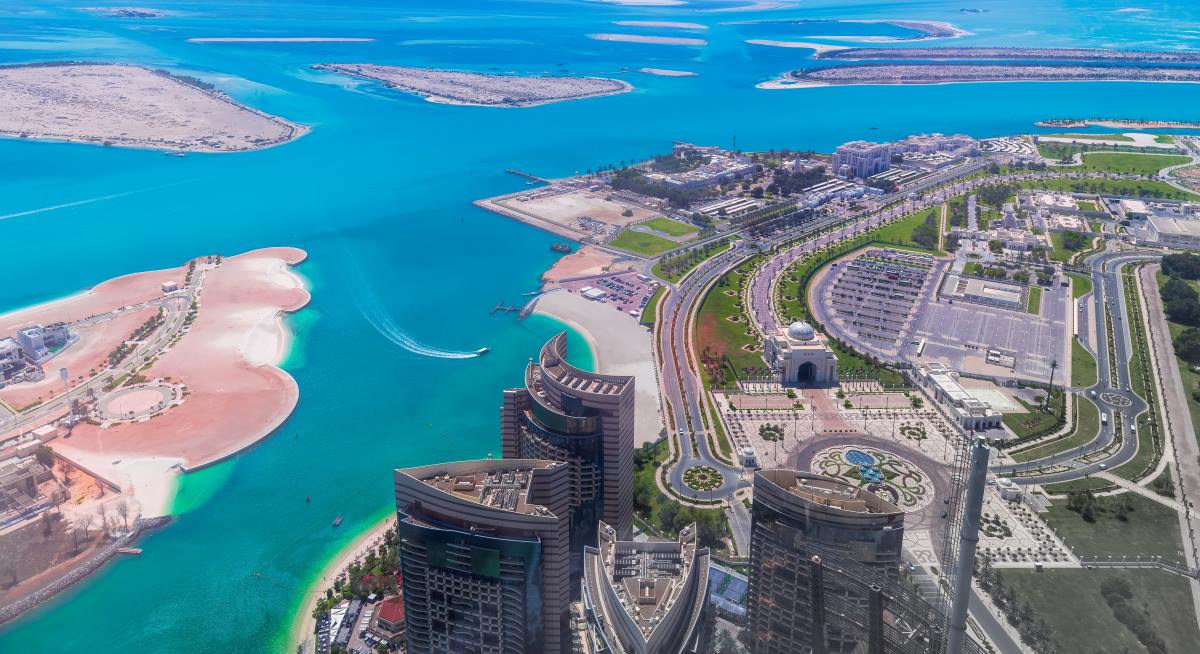Buoyed by rising demand, the residential market in Abu Dhabi has posted robust growth in Q2 2023, according to global think-tank ValuStrat.
Villa prices in Abu Dhabi grew by 5.6 percent while apartment prices rose by 4.2 percent in the second quarter. ValuStrat attributed this to the expansion of the residential market in Abu Dhabi.
Furthermore, the report noted that Saadiyat Island posted the highest growth as villa prices increased by 9.2 percent and apartments by 5.7 percent from April to June.
Growth in other areas
Similarly, other areas in Abu Dhabi have posted growth. These include Al Reem, Al Muneera Island, and Al Bandar, where apartment prices grew 5.1 percent on an annual basis.
Villa prices in Mohamed Bin Zayed City, Al Reef, and Al Raha grew 5.4 percent, 4.3 percent, and 5.6 percent, respectively, the report added.
Aside from this, Abu Dhabi rental values likewise grew 8.5 percent annually and 2.2 percent quarterly, ValuStrat said.
Read: UAE real estate market continues to flourish in Q3
Key sectoral overview
The report provided extensive research beyond the residential market. It noted that office asking rents in the primary commercial districts within the city declined 12.3 percent quarterly, but were up 2 percent year-on-year. In the second quarter, Abu Dhabi’s estimated office stock stood at 3.94 mn sqm.
Meanwhile, the retail market witnessed key achievements. For example, Aldar reported tenant sales and footfall in Yas Mall rose 30 percent and 36 percent year-on-year, respectively during the first half of 2023. Occupancy rate in Yas Mall stood at 99 percent.
Elsewhere in Abu Dhabi, The Capital Mall – China Center, a six-story shopping centre, recently opened to the public. It immediately achieved great success, recording an impressive 95 percent occupancy rate.
Macroeconomic factors
ValuStrat’s Abu Dhabi Real Estate report for Q2 2023 outline macroeconomic factors that impacted the property market in Abu Dhabi. Chief among these influences include the real GDP of the UAE growing by 2.8 percent in 2023.
This is in turn driven by the non-oil sector, which is expected to achieve strong growth of 4.8 percent, thanks to robust domestic demand, particularly in tourism, real estate, and construction. Growth in the transportation and manufacturing sectors are also positive influences, according to projections by the World Bank.
Meanwhile, Abu Dhabi’s industrial sector grew by 9.7 percent year-on-year to AED 90.8 bn, contributing eight percent to its total GDP and 16 percent to its non-oil economy.
In addition, the UAE’s FDI inflows of AED84 bn in 2022, the highest ever in spite of a global decline in investments, contributed positively to vibrant economy that gave the real estate market a major boost.
Finally, as per the Word Investment Report, the UAE ranks fourth globally in terms of new project investments. It witnessed a significant 80 percent surge with a total of 977 developments.
For more stories on real estate, click here.








